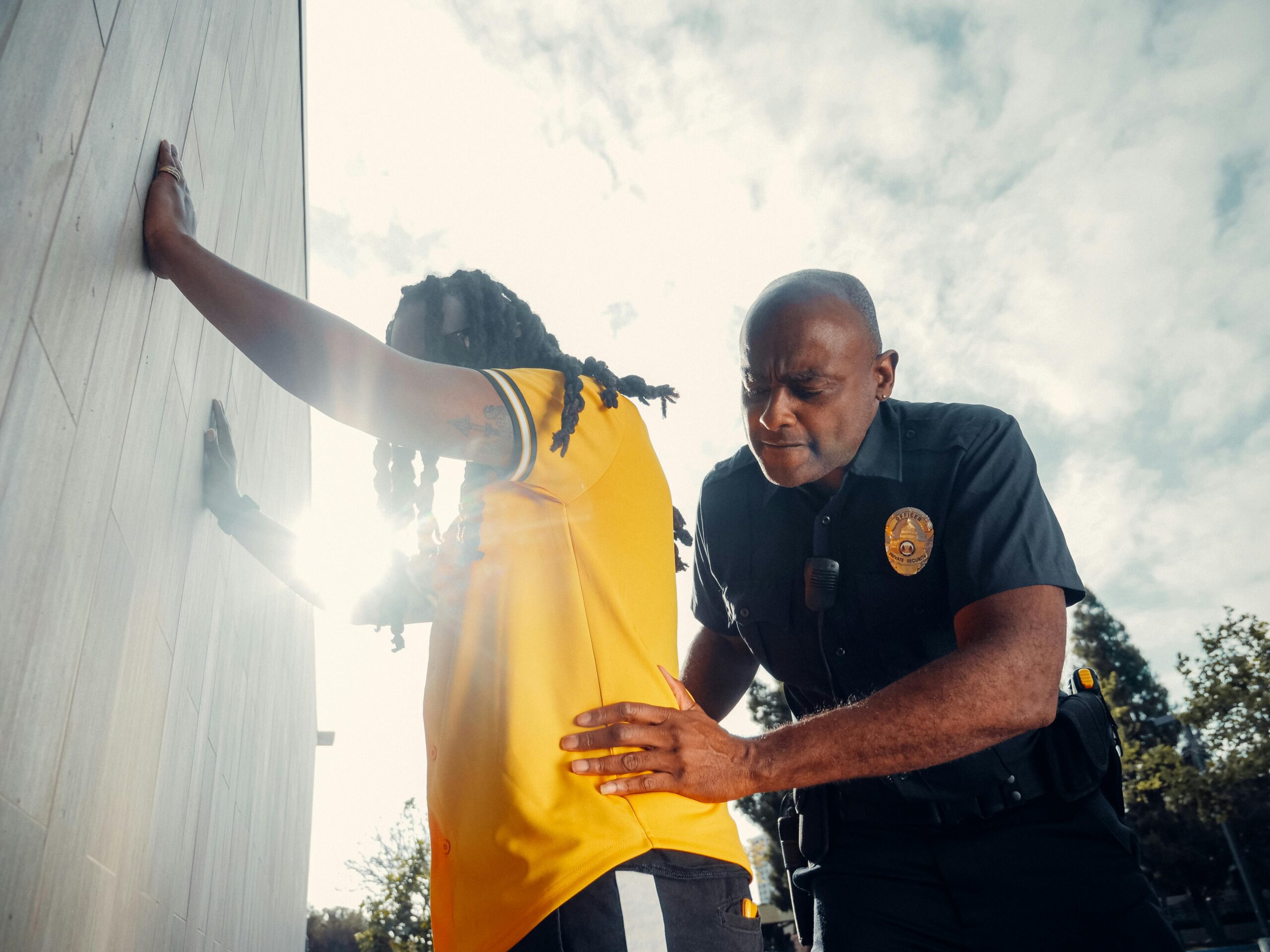How to Protect Your Rights During a Police Interrogation

Introduction: Understanding Your Rights in Police Interactions
Interactions with law enforcement can be intimidating, especially during a police interrogation. Whether you are a suspect, a witness, or merely someone being questioned, it is crucial to understand your rights and how to protect them. The U.S. Constitution, particularly the Fifth Amendment and Miranda Rights , provides essential protections for individuals during police questioning. However, these rights are only effective if you know how to assert them properly.
This article will guide you through the steps to take to safeguard your rights during a police interrogation. From understanding your Miranda Rights to knowing when to remain silent, this guide will help you navigate potentially high-stakes situations with confidence.
1. Know Your Miranda Rights
One of the most critical aspects of protecting yourself during a police interrogation is understanding your Miranda Rights . These rights stem from the Fifth Amendment, which protects individuals from self-incrimination. Before a custodial interrogation (when you are in police custody and not free to leave), officers are required to inform you of the following:
- You have the right to remain silent.
- Anything you say can and will be used against you in a court of law.
- You have the right to an attorney.
- If you cannot afford an attorney, one will be provided for you.
A. When Do Miranda Rights Apply?
Miranda warnings must be given before a custodial interrogation begins. This means that if you are not in custody (i.e., free to leave), the police are not obligated to read you your rights. However, anything you say voluntarily can still be used against you, so caution is always advised.
B. What Happens If Miranda Rights Are Not Read?
If the police fail to inform you of your Miranda Rights before a custodial interrogation, any statements you make may be deemed inadmissible in court. However, this does not mean the case against you will automatically be dismissed. Physical evidence obtained as a result of your statements may still be admissible.
2. Exercise Your Right to Remain Silent
The Fifth Amendment guarantees your right to remain silent, meaning you are not required to answer questions that could incriminate you. Here’s how to effectively exercise this right:
A. Clearly Invoke Your Right to Silence
To ensure your silence is legally protected, you must clearly and unambiguously invoke your right to remain silent . Simply staying quiet without explicitly stating your intention may not be enough. For example, you can say:
- “I am exercising my right to remain silent.”
- “I do not wish to answer any questions.”
Once you invoke this right, the police are required to stop questioning you. However, they may attempt to resume questioning later, so reiterate your position if necessary.
B. Avoid Volunteering Information
Even if you believe you are innocent, avoid volunteering unnecessary information. Anything you say can be misinterpreted or taken out of context. Stick to providing only the information required by law (e.g., identification) and nothing more.
3. Request Legal Representation
Your right to an attorney is another cornerstone of protection during a police interrogation. Having legal counsel present ensures that your rights are upheld and that you do not inadvertently incriminate yourself.
A. How to Invoke Your Right to an Attorney
Like the right to remain silent, you must clearly and unequivocally request an attorney. You can say:
- “I want to speak to my lawyer.”
- “I am invoking my right to legal representation.”
Once you request an attorney, all questioning must cease until your lawyer arrives. If the police continue questioning you after this point, their actions may violate your constitutional rights.
B. Benefits of Having an Attorney Present
An experienced criminal defense attorney can:
- Advise you on whether to answer specific questions.
- Ensure that the police follow proper procedures.
- Help prevent coerced or involuntary confessions.
- Protect you from making statements that could harm your case.
If you cannot afford an attorney, the court will appoint a public defender to represent you.
4. Be Aware of Psychological Tactics Used by Police
Law enforcement officers are trained in interrogation techniques designed to elicit confessions or gather incriminating information. Some common tactics include:
A. Building Rapport
Officers may try to establish a friendly rapport to make you feel comfortable and lower your guard. While this may seem harmless, it is important to remember that their primary goal is to gather evidence.
B. Minimizing the Situation
Police may downplay the seriousness of the situation to encourage you to talk. For example, they might say, “We just need to clear this up,” or “It’s better if you cooperate.” Do not fall for these tactics—stick to your decision to remain silent or consult an attorney.
C. Using False Evidence or Promises
In some cases, officers may claim to have evidence they don’t actually possess or promise leniency in exchange for cooperation. Remember, promises made during an interrogation are not legally binding.
5. Understand the Difference Between Custodial and Non-Custodial Interrogations
Knowing whether you are in custody is critical because it determines whether Miranda Rights apply. Here’s how to distinguish between the two:
A. Custodial Interrogation
You are considered “in custody” if a reasonable person in your situation would feel they are not free to leave. Factors include:
- Being handcuffed or physically restrained.
- Being placed in a locked room or police vehicle.
- Being told you are under arrest.
B. Non-Custodial Interrogation
If you are not in custody (e.g., being questioned at home or on the street), the police are not required to read you your Miranda Rights. However, you still have the right to remain silent and request an attorney.
6. Stay Calm and Polite
While it’s natural to feel anxious during a police interrogation, maintaining composure is essential. Remaining calm and polite helps you think clearly and avoids escalating the situation. Avoid arguing with officers or becoming confrontational, as this could lead to additional charges or complications.
7. Document the Interaction
After the interrogation, document as many details as possible about what happened. Note:
- The time, date, and location of the interaction.
- The names and badge numbers of the officers involved.
- The questions asked and your responses.
- Any behavior or statements by the officers that seemed inappropriate.
This documentation can be invaluable if you need to file a complaint or challenge the legality of the interrogation later.
8. File a Complaint if Necessary
If you believe your rights were violated during the interrogation, consider filing a complaint with the police department’s internal affairs division or seeking legal action. An attorney can help you determine the best course of action based on the circumstances.


